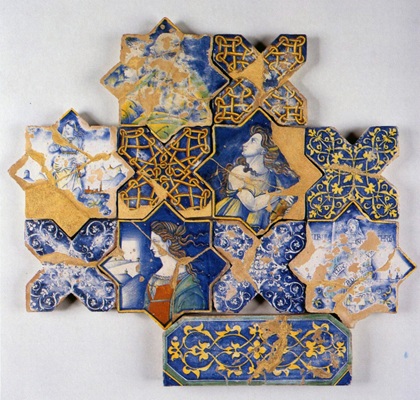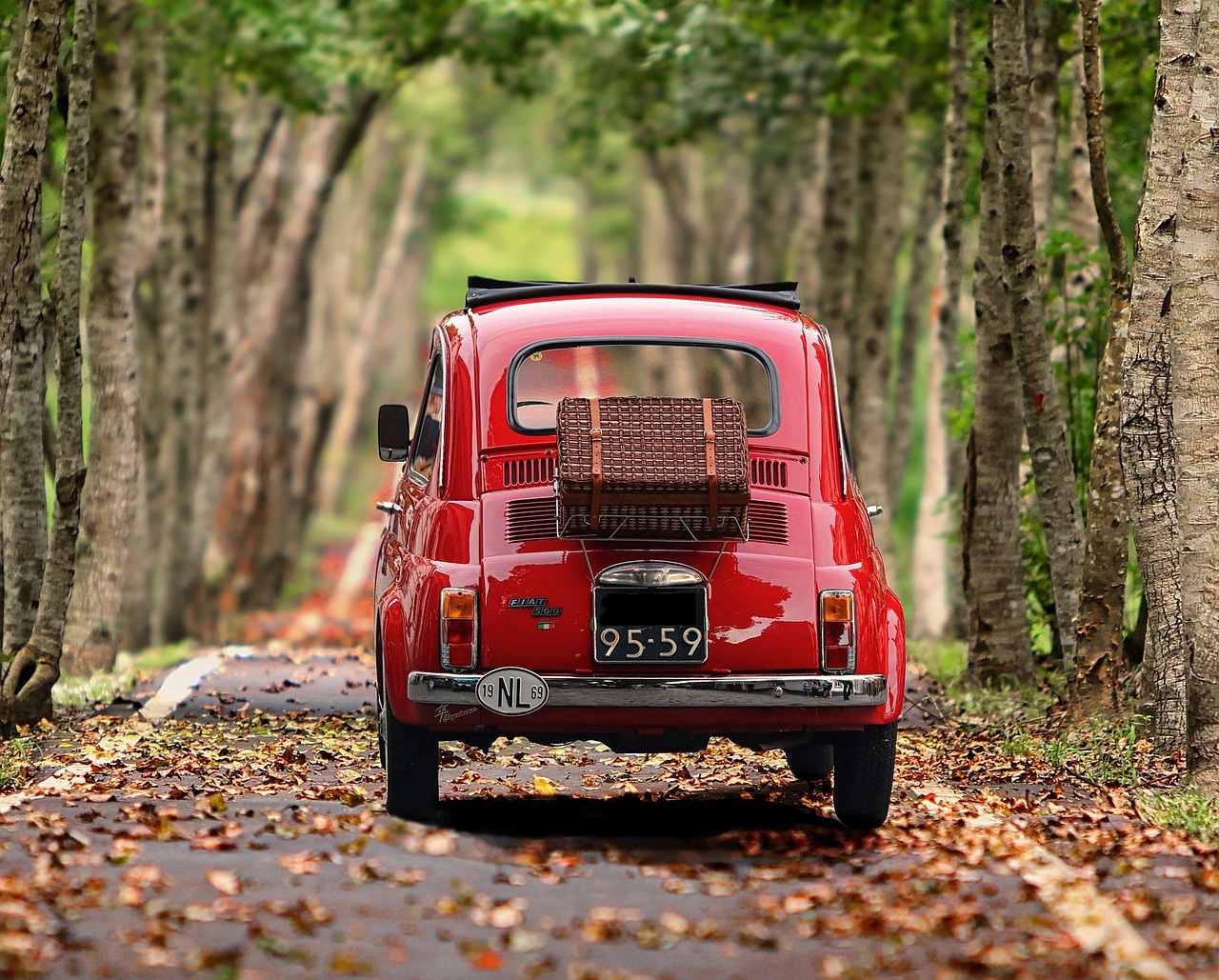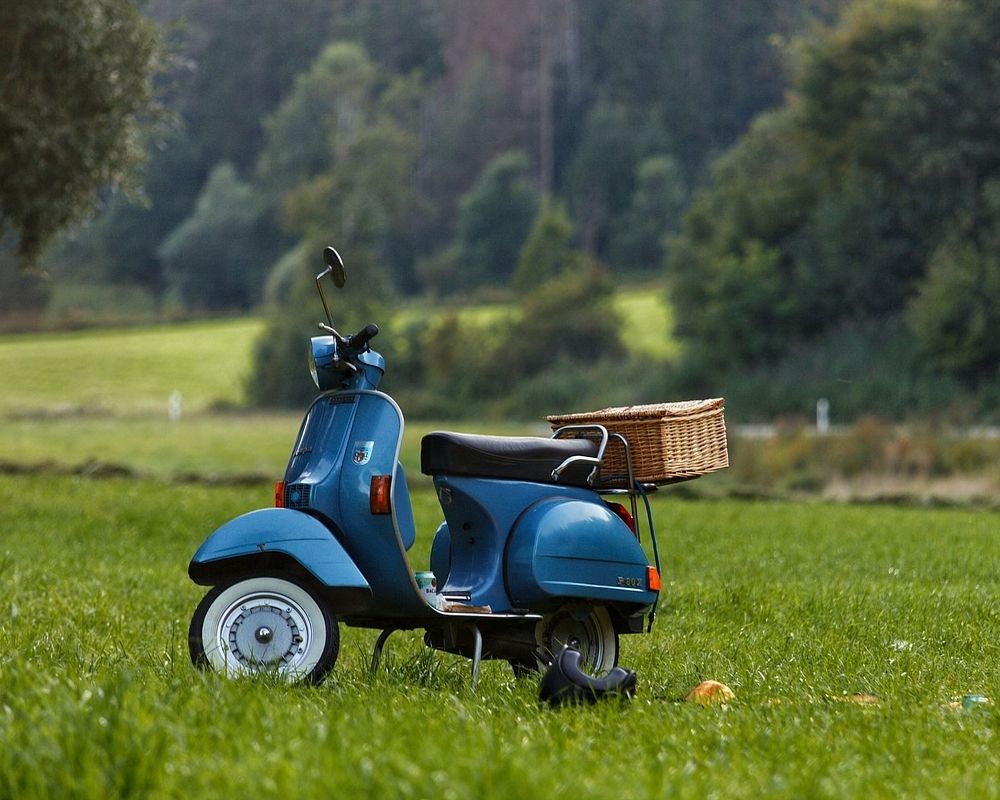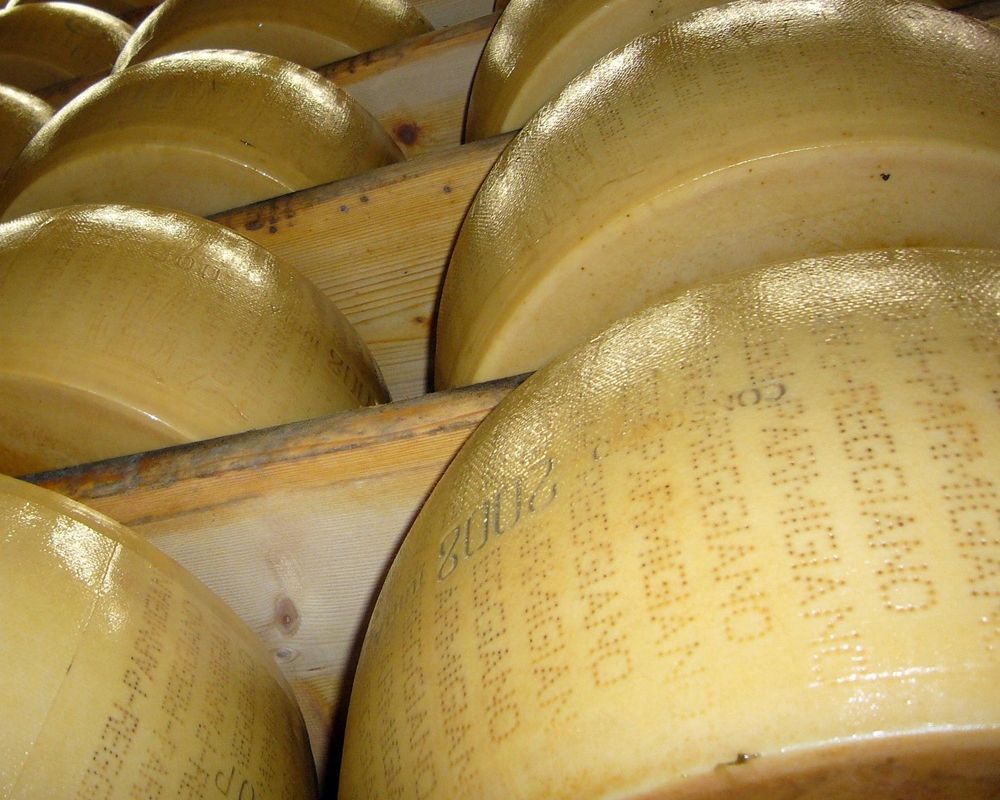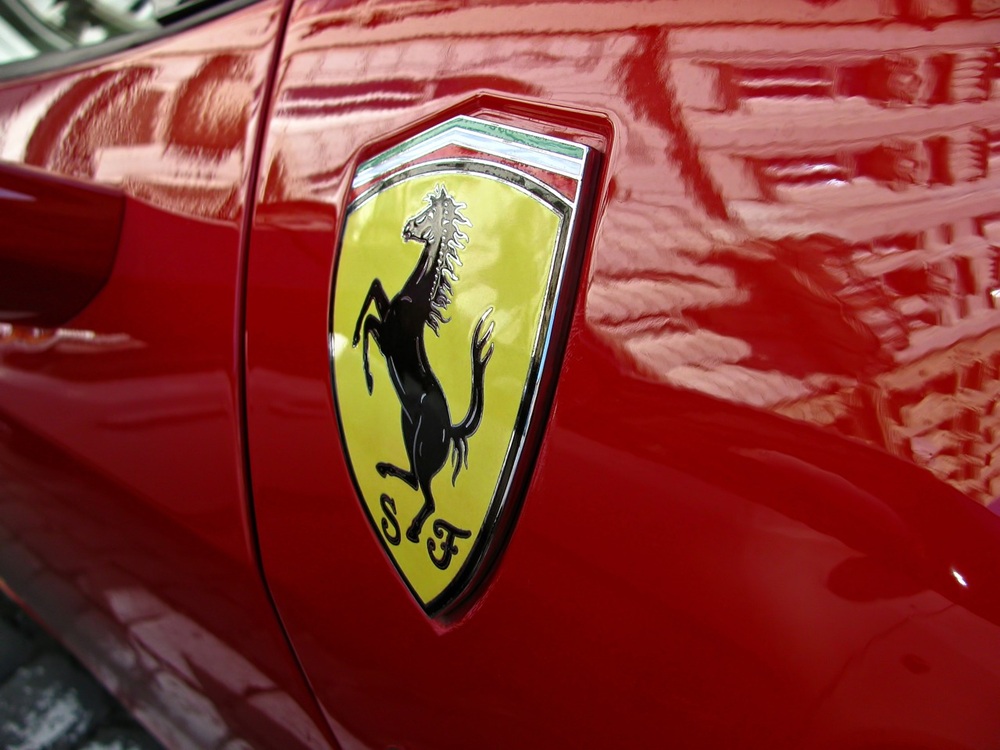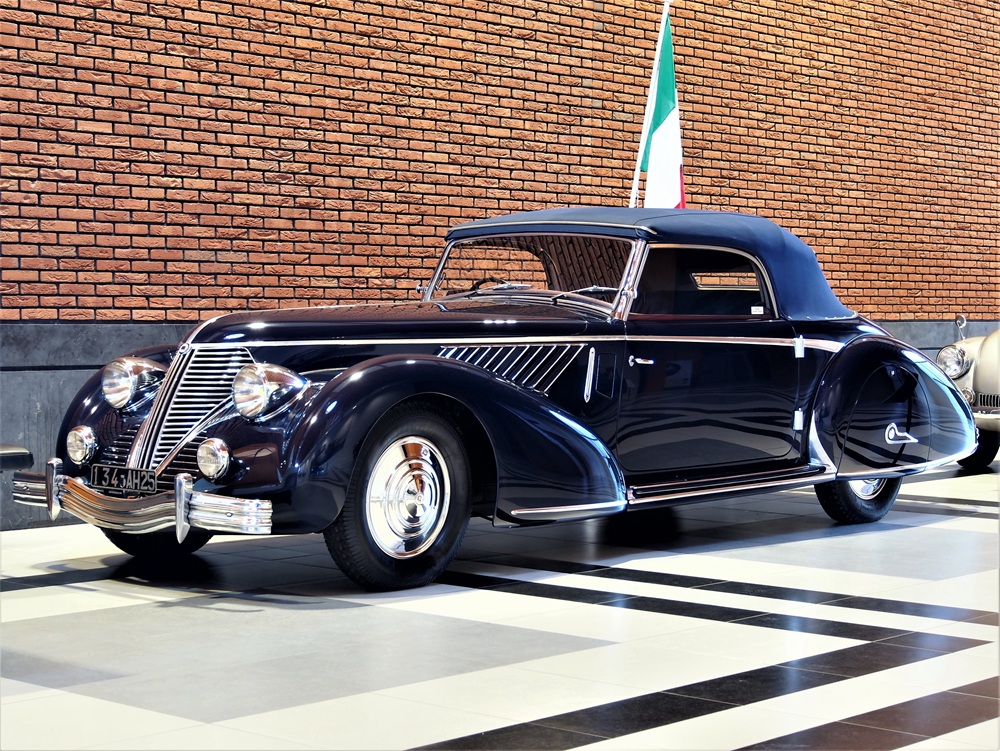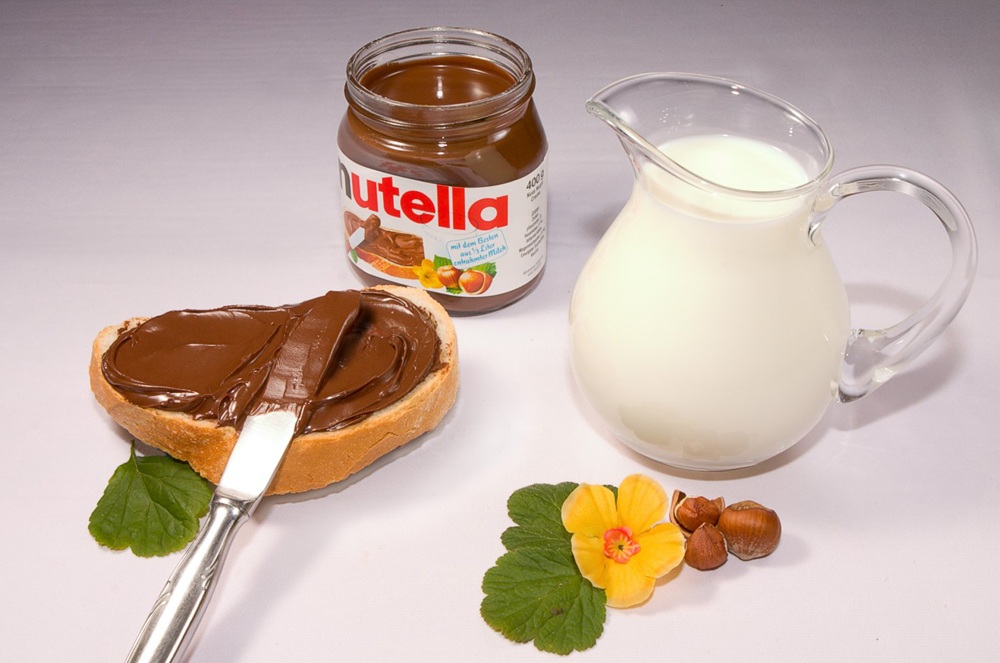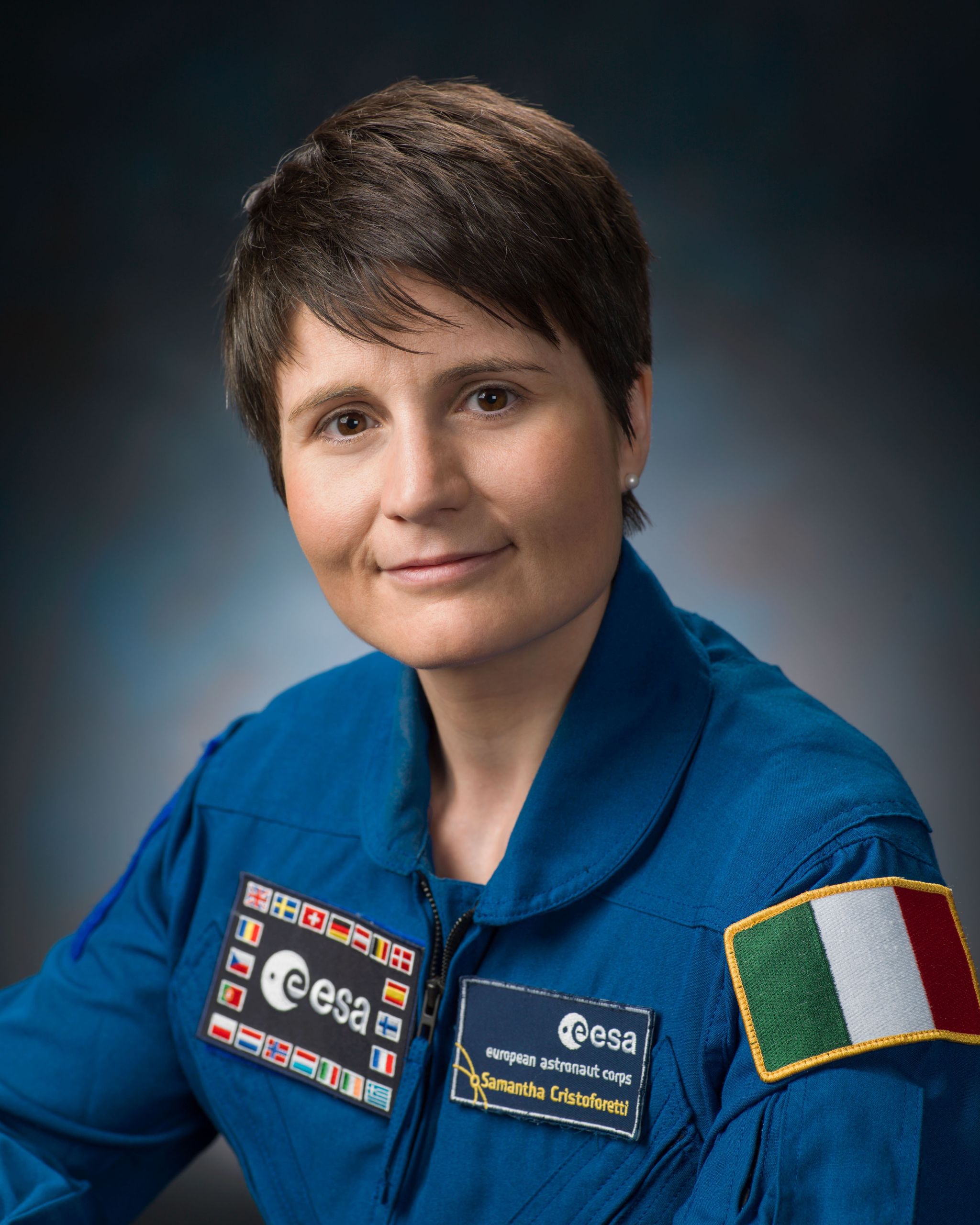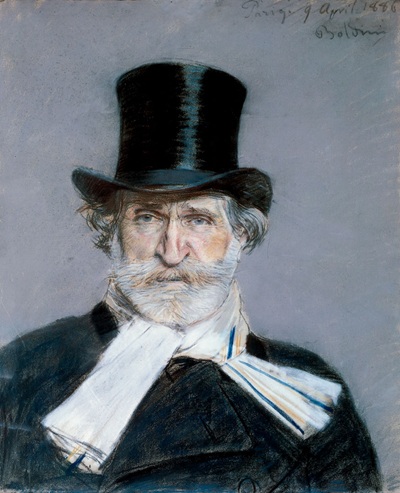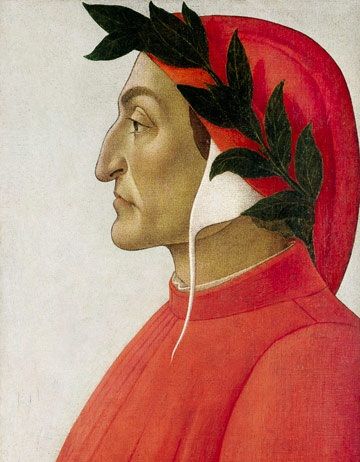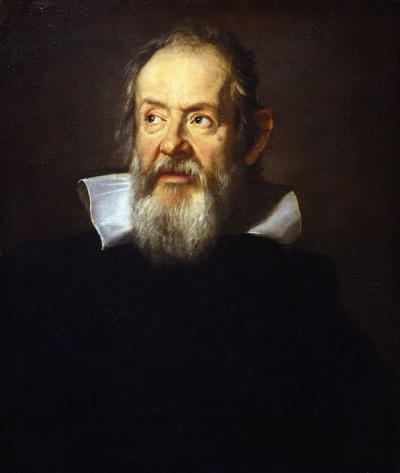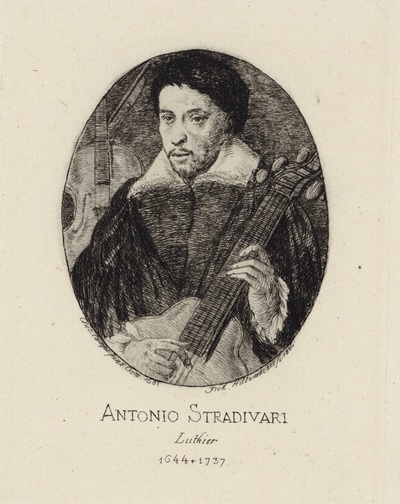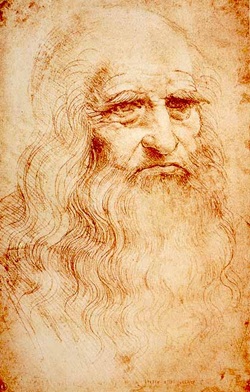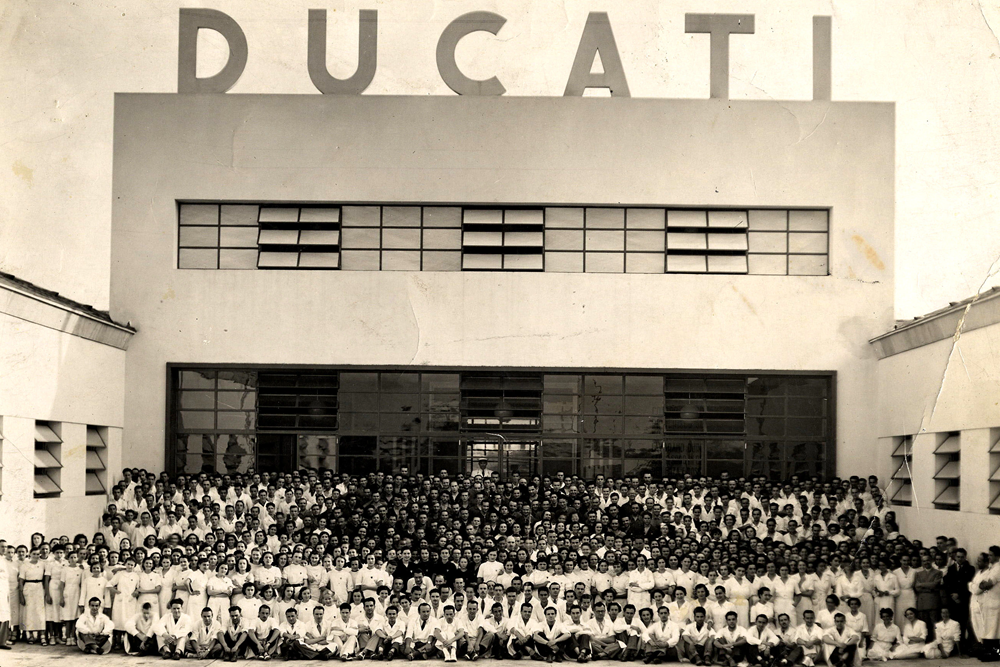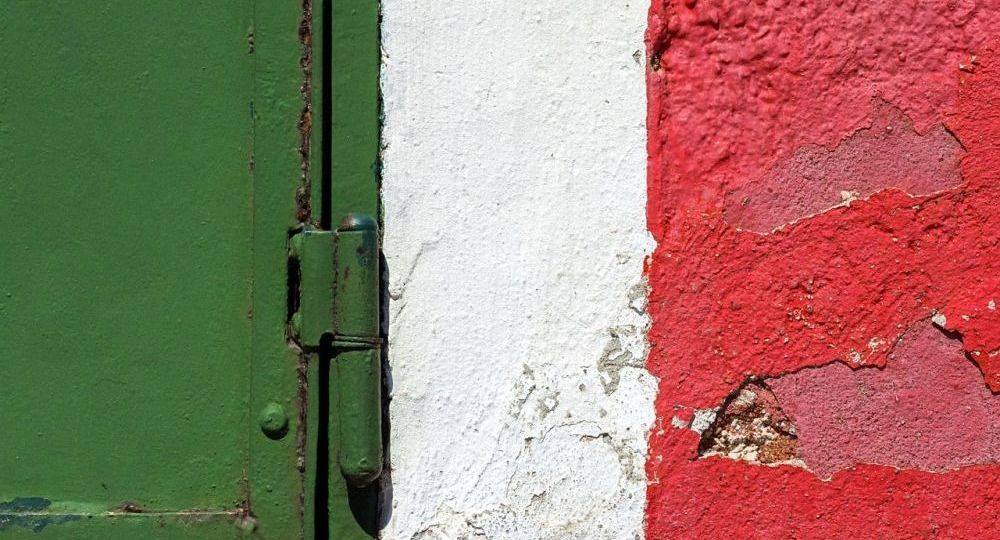
The Italy of Contrasts: A Journey into the Soul of the Beautiful Country
Long live Italy, liberated Italy,
the Italy of the waltz, the Italy of coffee.
Italy robbed and struck to the heart,
Long live Italy, the Italy that does not die.
………….
Long live Italy, the Italy that is not afraid.
Long live Italy, the Italy that is in the middle of the sea,
the Italy forgotten and the Italy to be forgotten,
Italy half garden and half jail,
Long live Italy, the whole Italy.
Long live Italy, Italy that works,
Italy that despairs, Italy that falls in love,
Italy half duty and half fortune,
long live Italy, Italy on the moon.
………
Italy with its eyes open in the sad night,
long live Italy, Italy that resists.
Francesco De Gregori – singer-songwriter
Viva l’Italia, l’Italia liberata,
l’Italia del valzer, l’Italia del caffè.
L’Italia derubata e colpita al cuore,
viva l’Italia, l’Italia che non muore.
………….
viva l’Italia, l’Italia che non ha paura.
Viva l’Italia, l’Italia che è in mezzo al mare,
l’Italia dimenticata e l’Italia da dimenticare,
l’Italia metà giardino e metà galera,
viva l’Italia, l’Italia tutta intera.
Viva l’Italia, l’Italia che lavora,
l’Italia che si dispera, l’Italia che si innamora,
l’Italia metà dovere e metà fortuna,
viva l’Italia, l’Italia sulla luna.
………
l’Italia con gli occhi aperti nella notte triste,
viva l’Italia, l’Italia che resiste.
Francesco De Gregori – cantautore
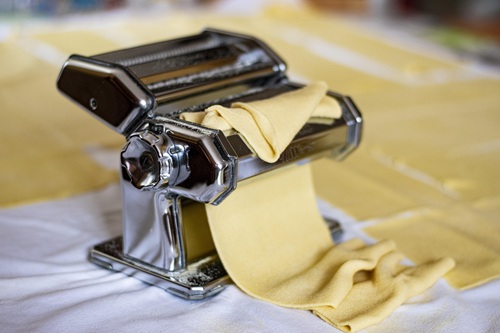
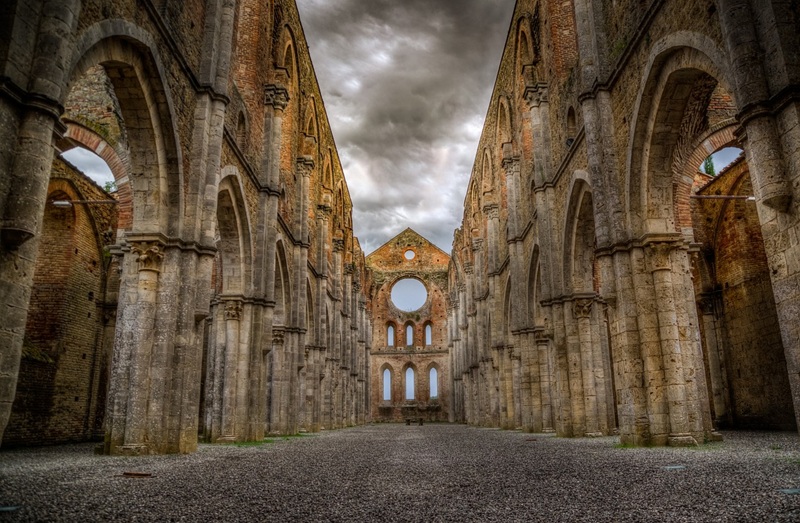
Italy, how wonderfully complicated you are! You make me laugh and feel moved, angry and irritated, as only a great love can do.
Walking through streets paved with history, where every stone tells millennia of life, you can stop in front of a Caravaggio in “just any church” – because only here can it happen that such a masterpiece is in “just any church” – and your breath stops. Then you exit, and find a double-parked car blocking yours. That’s Italy: sublime and frustrating, always.
Beauty here is almost insolent. You look up and find a baroque cornice that in any other country would be the city’s treasure, but here it’s just one of many, we almost ignore it.
We’re surrounded by so much beauty that sometimes we take it for granted, treat it poorly, and see historic buildings covered in graffiti, or archaeological sites abandoned to neglect.
We’re like heirs of fallen noble families: surrounded by treasures we don’t know how and sometimes don’t want to maintain anymore.
But then lunchtime comes, and everything changes. The sacredness of food here isn’t a cliché, it’s a true religion.
Italian cuisine rules aren’t snobbery: they’re the distillation of centuries of popular wisdom. When a tourist asks for pineapple on pizza, we can’t consider it just an eccentric quirk – it’s a small tear in the fabric of our culture.
The paradoxes pile up: we’re welcoming, friendly, generous, but also noisy and disorganized; we have the world’s best artisans, but struggle to find a plumber who’ll give a receipt.
We can organize perfect, classy weddings in enchanting locations for clients from around the world, but can’t get a train to arrive on time. We boast about living in the world’s most beautiful country, but too often, though less and less, throw litter on the streets.
Italian creativity is legendary, but too often we use it to circumvent rules instead of innovating. The uniquely Italian ability to find exceptions to rules, shortcuts, is both our blessing and our curse; it allowed us to survive centuries of foreign domination and build everything, but today it prevents us from becoming a truly modern country.
Yet, there’s something magical that persists. You see it in village festivals, where three generations dance together and community spirit is still alive. You find it in baristas who know exactly how you like your coffee and tell you the latest neighborhood news. You breathe it in small provincial towns, where time seems to flow more slowly and people still stop to talk in the street.
Nature then gave us one gift after another. In a few hours, you can go from the Dolomites to Puglia’s crystal-clear beaches, from Tuscan hills to Sicilian volcanoes. Each region is a microcosm, with its dialect, dishes, traditions.
We’re a small country containing twenty different countries, each stubbornly proud of its identity.
Sometimes I think Italy is like some old buildings: somewhat decadent, with systems needing renovation and cracks in the walls, but with frescoed ceilings and inlaid marble floors. It’s not perfect, but it’s home.
And despite everything – the Kafkaesque bureaucracy that oppresses us, the struggling public transport, the small daily cleverness and dishonesty that surround us – we can’t imagine living elsewhere. All of us Italians, even the most critical and realistic, are hopelessly, madly in love with our country. How could it be otherwise? We’re the children and heirs of giants like Leonardo da Vinci, Michelangelo, Alessandro Volta, Guglielmo Marconi, Christopher Columbus, and countless other geniuses who truly shaped human history.
You find us Italians everywhere in the world. We export excellence in every field: from craftsmanship that enchants with its refinement, to design that sets global trends, from fashion that makes people dream, to food and wine products that win over the most demanding palates. And not only that: we also “export” our best talents, those “brains” who shine in the most prestigious research centers and universities on the planet. We’re a relatively small nation, with just over 60 million inhabitants, yet it’s almost impossible to find a major international project where at least one Italian name doesn’t appear.
But the roots that sink into this extraordinary land are impossible to sever. You see it in the little things, in those gestures that might seem folkloristic to foreign eyes: mothers crossing skies with suitcases full of cheeses, sauces, and cured meats for their children abroad, students returning to their cities with bags full of homemade delicacies. Some might smile and dismiss it as provincialism, but they’re wrong: it’s pure, authentic love for our culture, our traditions, our essence. It’s visceral love for a country that, with all its flaws, remains simply incomparable.
Because Italy isn’t just a country: it’s an endless series of contradictions that somehow work together. It’s a daily miracle of beauty and chaos, of genius and approximation, of tradition and improvisation. It’s frustrating, it’s wonderful, it’s imperfect, it’s unique.
It’s ITALY. We love it, you’ll love it.
